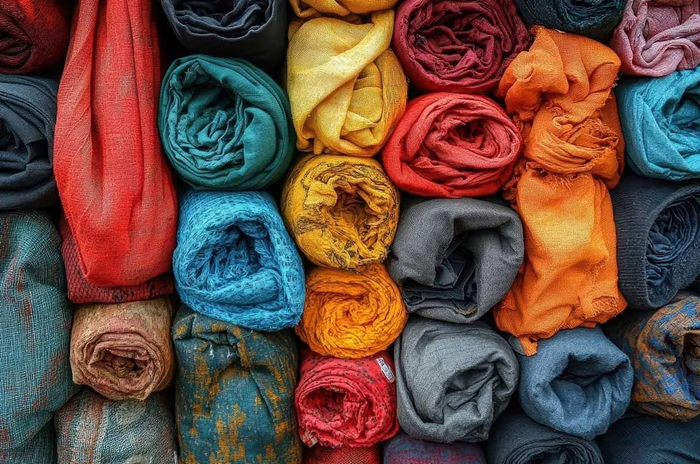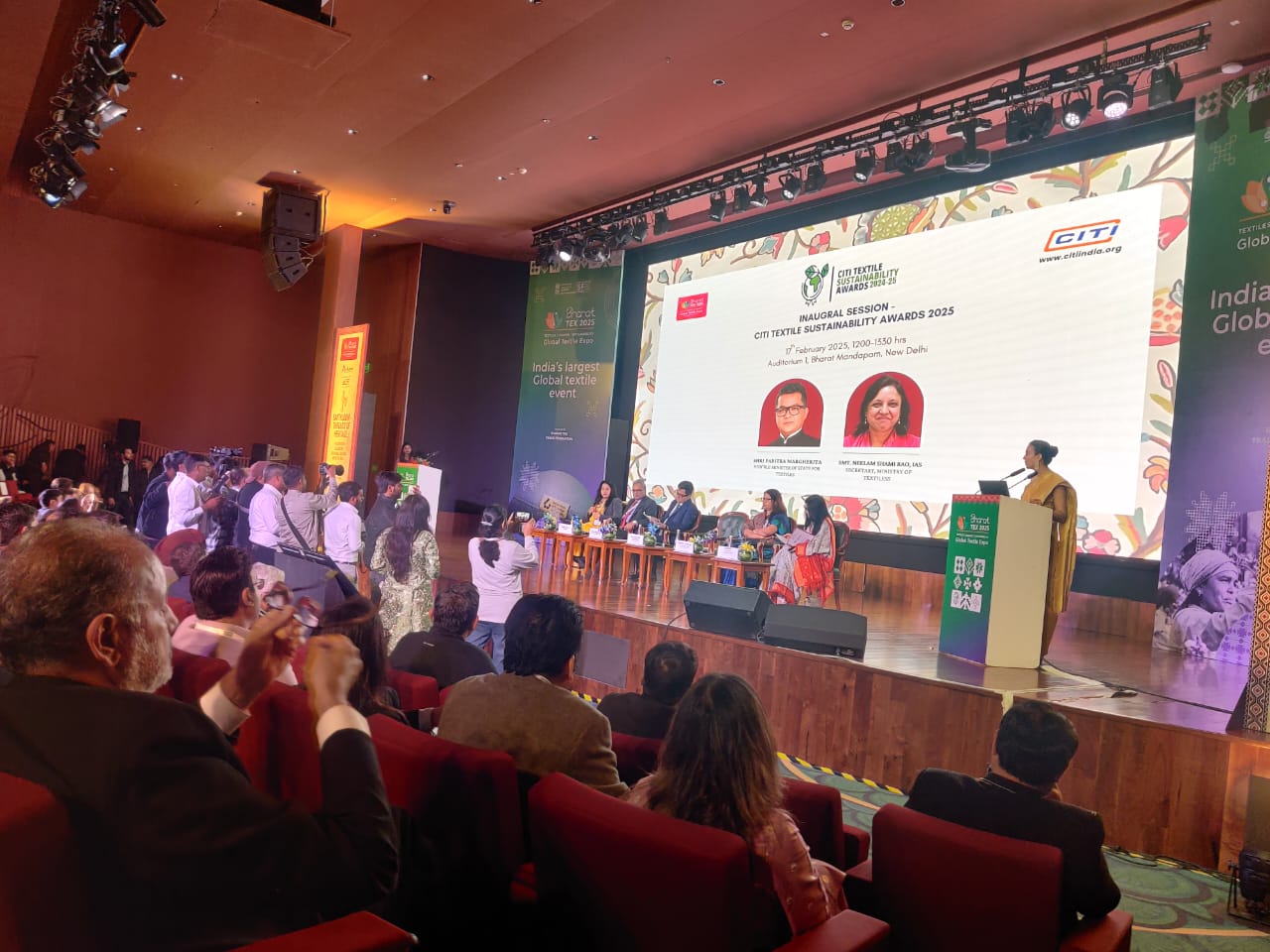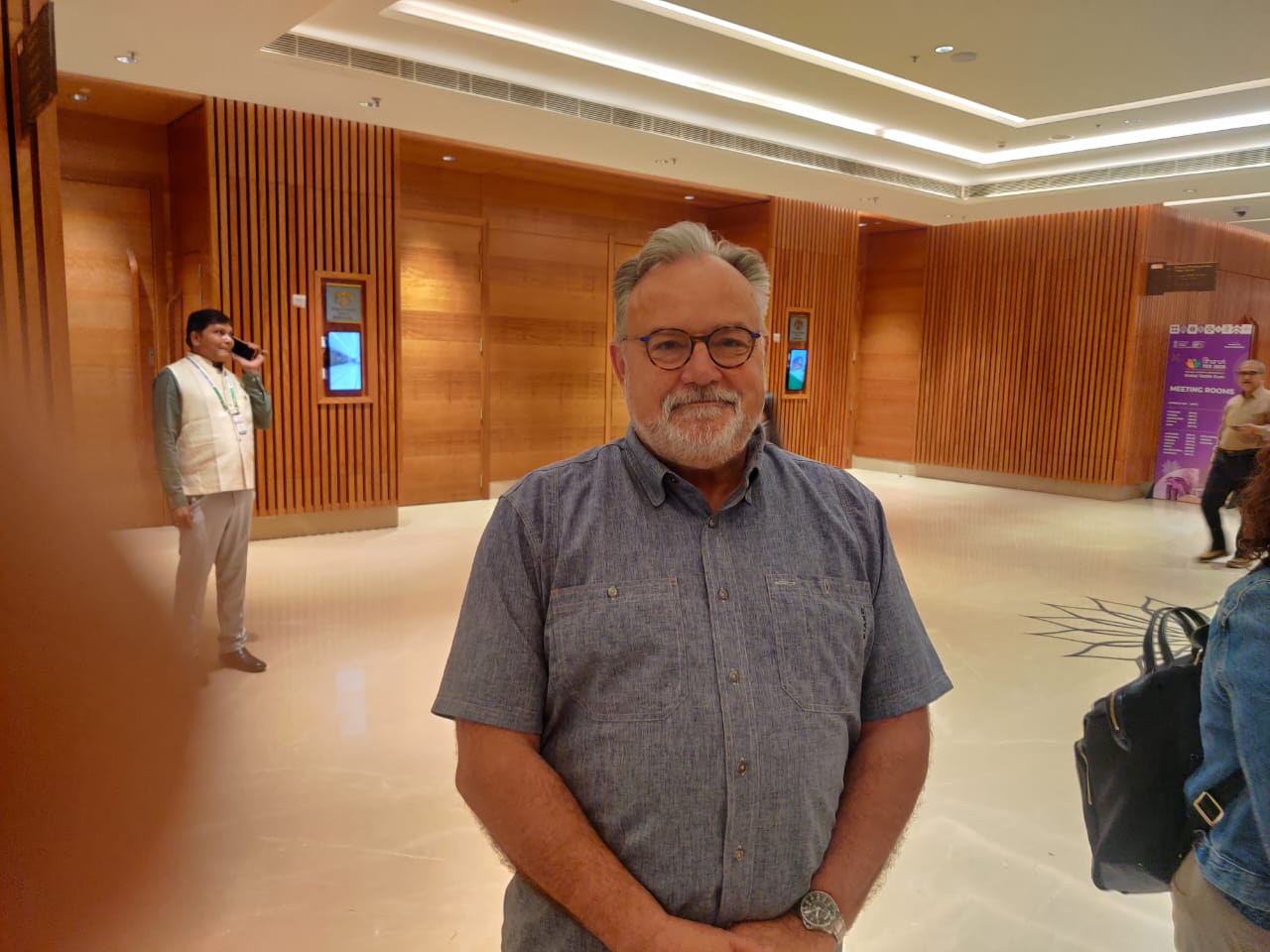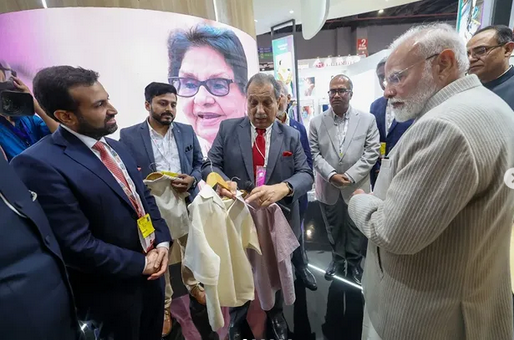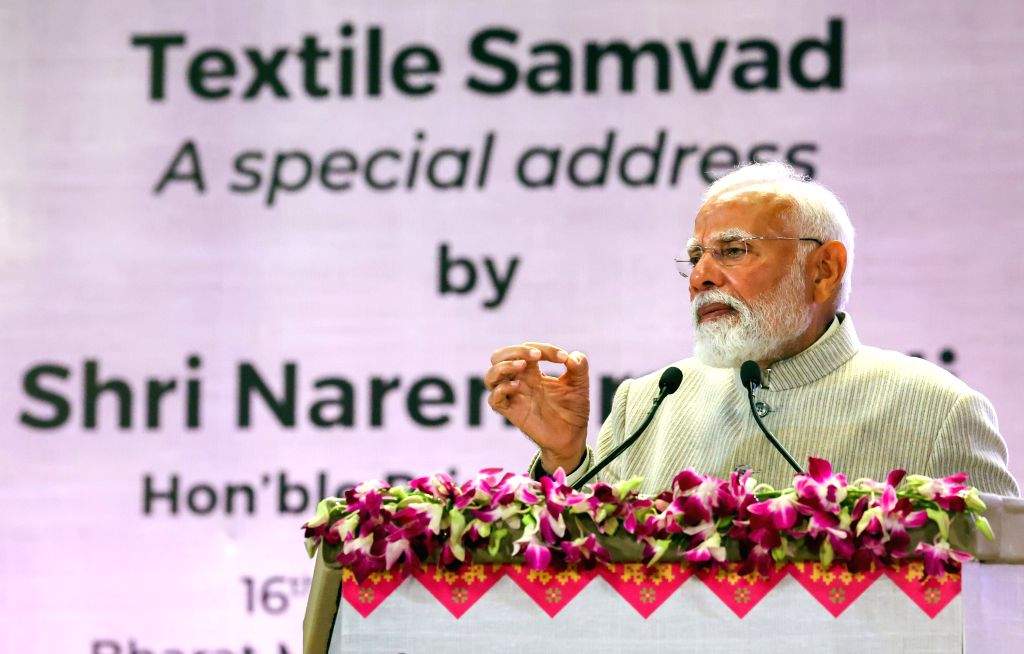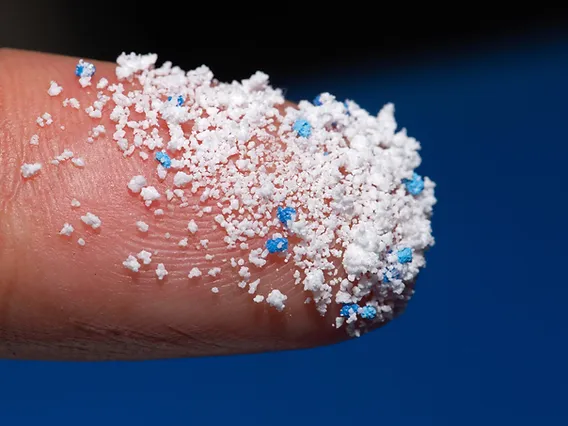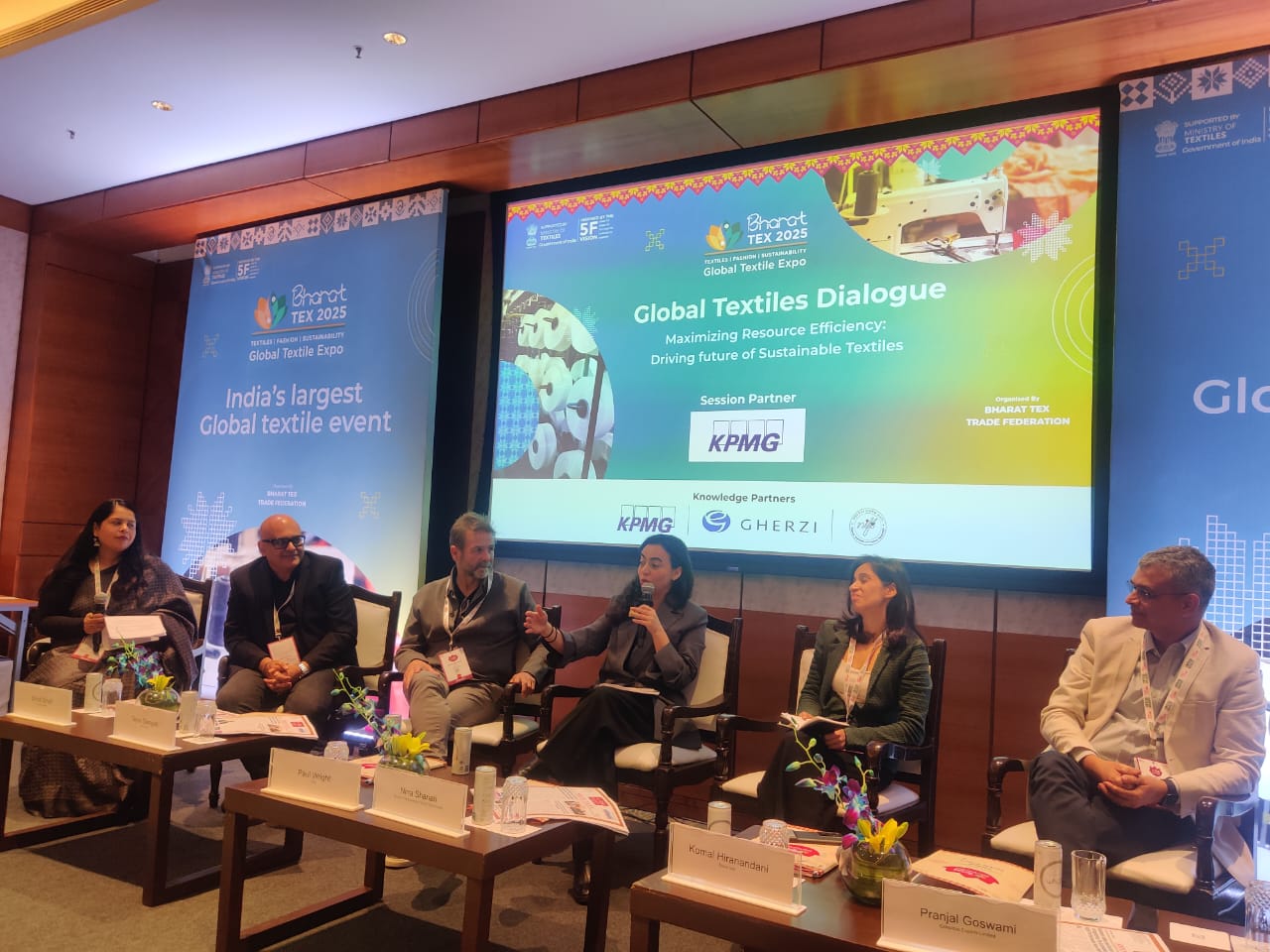
The fashion industry stands at a crossroads, with mounting environmental concerns and untapped economic potential. Komal Hiranandani, Director, Dolcevee, a sustainable clothing brand, highlights during a knowledge session at Bharat Tex, the burgeoning resale market as a key solution. A recent study revealed that 24 per cent of Indians have purchased pre-owned fashion, indicating a strong consumer appetite. Beyond the obvious environmental benefits, resale offers significant economic advantages. The Ellen MacArthur Foundation estimates that consumers globally lose $460 billion annually by discarding reusable clothing. Unlocking the logistics of resale is crucial to capitalizing on this lost value.
While downcycling and fiber-to-fiber recycling are important, prioritizing resale for garments with remaining life is the most economically and environmentally sound approach. The global resale market is booming, growing at an 11 per cent compound annual growth rate. Leading brands, from Gap to Gucci, are embracing resale programs, recognizing its integral role in the future of fashion.
In India, managed marketplaces, where items are quality controlled, are deemed more suitable than peer-to-peer resale. This ensures brand integrity and customer satisfaction. Furthermore, integrating resale into return processing can significantly reduce waste. Optoro's 2022 data shows that retailers in the US landfilled 9.6 million pounds of returned products. Resale offers a viable alternative, allowing returned items to be resold, either on the brand's website or through managed marketplaces, generating revenue and minimizing waste. The key lies in establishing strategic partnerships and efficient logistics to unlock the full potential of the resale revolution.

